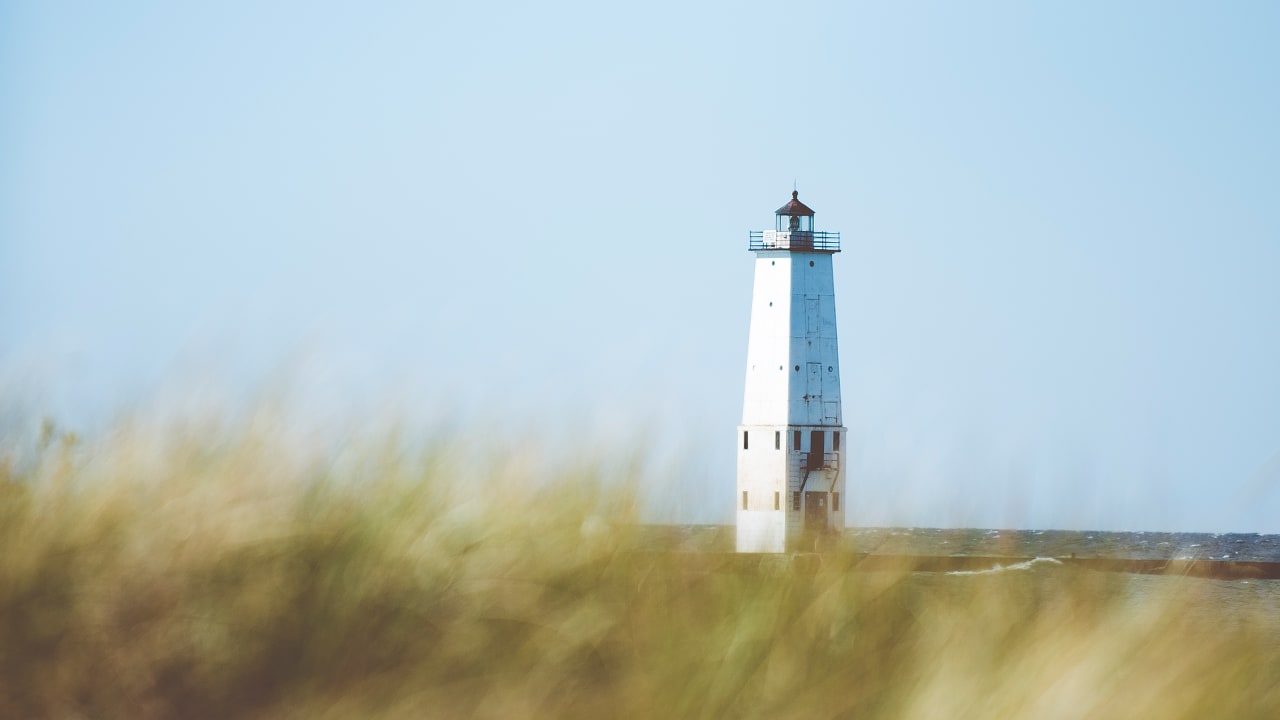I Am the Light of the World

The Greek island of Rhodes (where DTS professor Dr. Sue Edwards once lived) is a world heritage site. Anyone visiting there soon learns that it was once home to one of the Seven Wonders of the Ancient World—the Colossus of Rhodes. This enormous bronze statue of the Greek god Helios (the sun god) was erected between 292 and 280 B.C. It stood in Rhodes’s harbor for about fifty-six years until an earthquake toppled it. One-hundred-seven feet long, it lay on the ground for another eight hundred years. The ancient Greek historian Strabo said it still drew travelers from across the empire.
Centuries later in 1883, Emma Lazarus wrote of another harbor statue, this one standing to welcome immigrants. Lazarus donated her sonnet to a fundraising auction to help erect the Statue of Liberty in New York Harbor. That lovely literary piece, now graven on Lady Liberty’s pedestal, includes those famous lines, “Give me your tired, your poor, your huddled masses yearning to breathe free.” Do you know how her poetry in “The New Colossus” begins?
Not like the brazen giant of Greek fame,
With conquering limbs astride from land to land;
Here at our sea-washed, sunset gates shall stand
A mighty woman with a torch, whose flame
Is the imprisoned lightning, and her name
Mother of Exiles…
That magnificent Colossus is America’s emblem of welcome to the downtrodden. Today, thanks in part to Emma Lazarus, people see her lifted lamp as a symbol for a country that welcomes those seeking refuge and/or opportunity. For the Christian, however, the source of true freedom runs much deeper than nationalism and policies.
Consider that the apostle John, on Patmos, a neighboring island to Rhodes, had one far greater than a supposed sun god in mind when he described Jesus Christ: “And I turned to see the voice that was speaking with me. And having turned I saw seven golden lampstands; and in the middle of the lampstands one like a son of man, clothed in a robe reaching to the feet, and girded across His breast with a golden girdle. And His head and His hair were white like white wool, like snow; and His eyes were like a flame of fire; and His feet were like burnished bronze, when it has been caused to glow in a furnace, and His voice was like the sound of many waters” (Rev. 1:12–15).
Our God is greater than all other gods. And our God calls His people to love all people. He calls us to care for the stranger, classing such people among the most vulnerable—widows and orphans (Exod. 22:21–22). No matter where we live in the world or where we stand on the politics and policies of immigration, are we bringing the message of freedom to those living far from their homelands? In many places they’re coming to us—arriving homeless and tempest-tossed. Will we seize the opportunity to care for them and tell them about the lamp-lifting Lord of the exiles, the Sun of righteousness, Jesus Christ, the Light of the world?
—Chuck Swindoll
About the Contributors

Charles R. Swindoll
Charles R. Swindoll has devoted his life to the accurate, practical teaching and application of God’s Word and His grace. A pastor at heart, Chuck has served as the founder and senior pastor-teacher of Stonebriar Community Church in Frisco, Texas. His leadership as president and now Chancellor Emeritus of Dallas Theological Seminary has helped prepare and equip a new generation for ministry. Chuck and his wife Cynthia, have four grown children, ten grandchildren, and two great-grandchildren.

